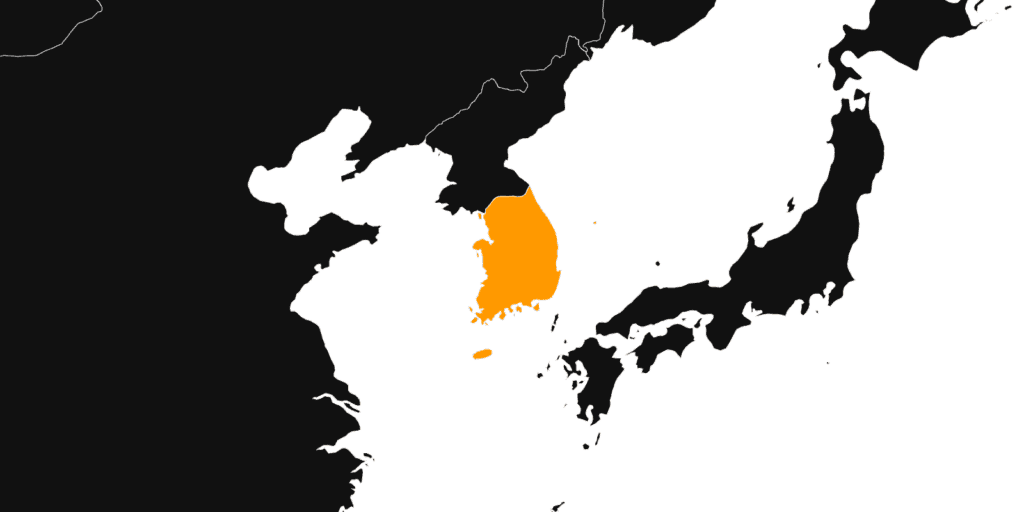
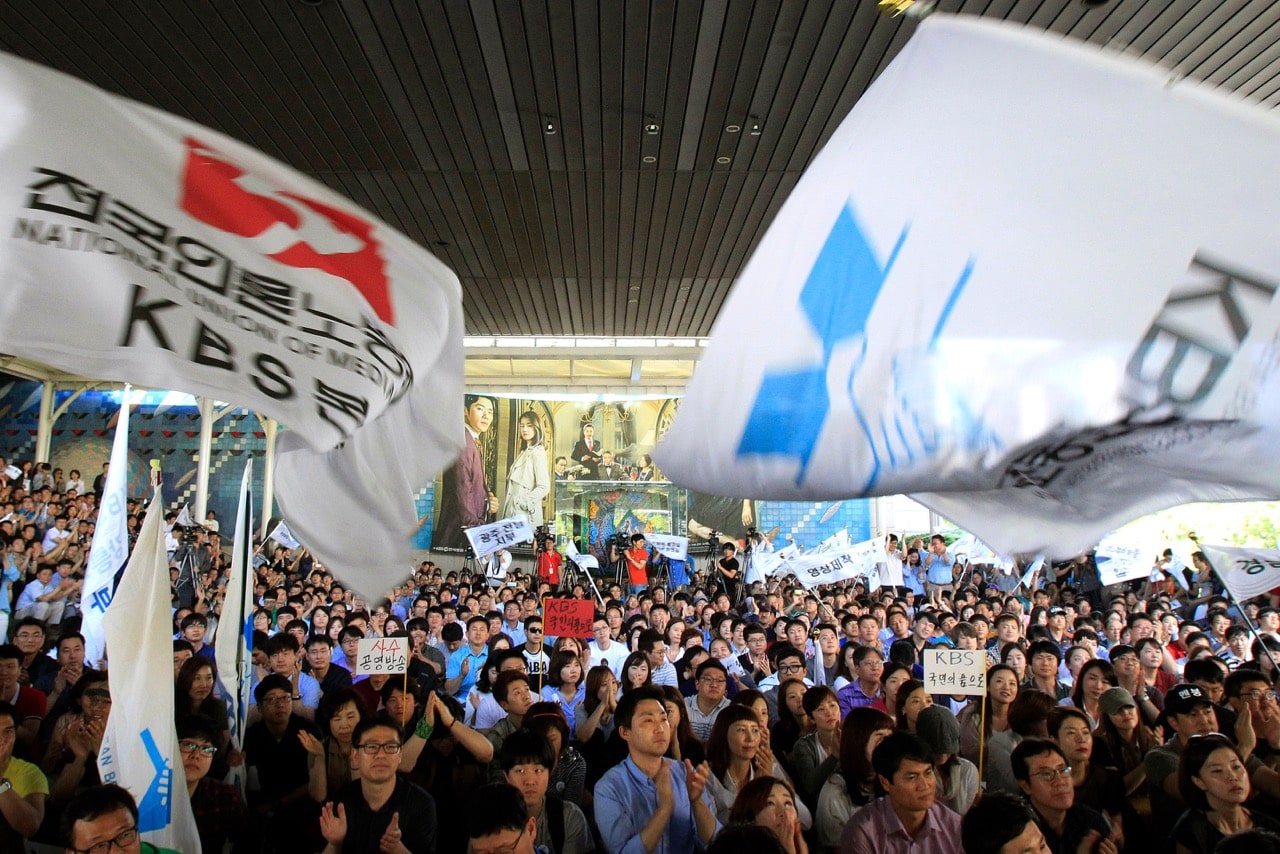
Korean public broadcast journalists strike for editorial independence
About 3,000 journalists at South Korea’s public broadcasters have been on strike since September demanding editorial independence.
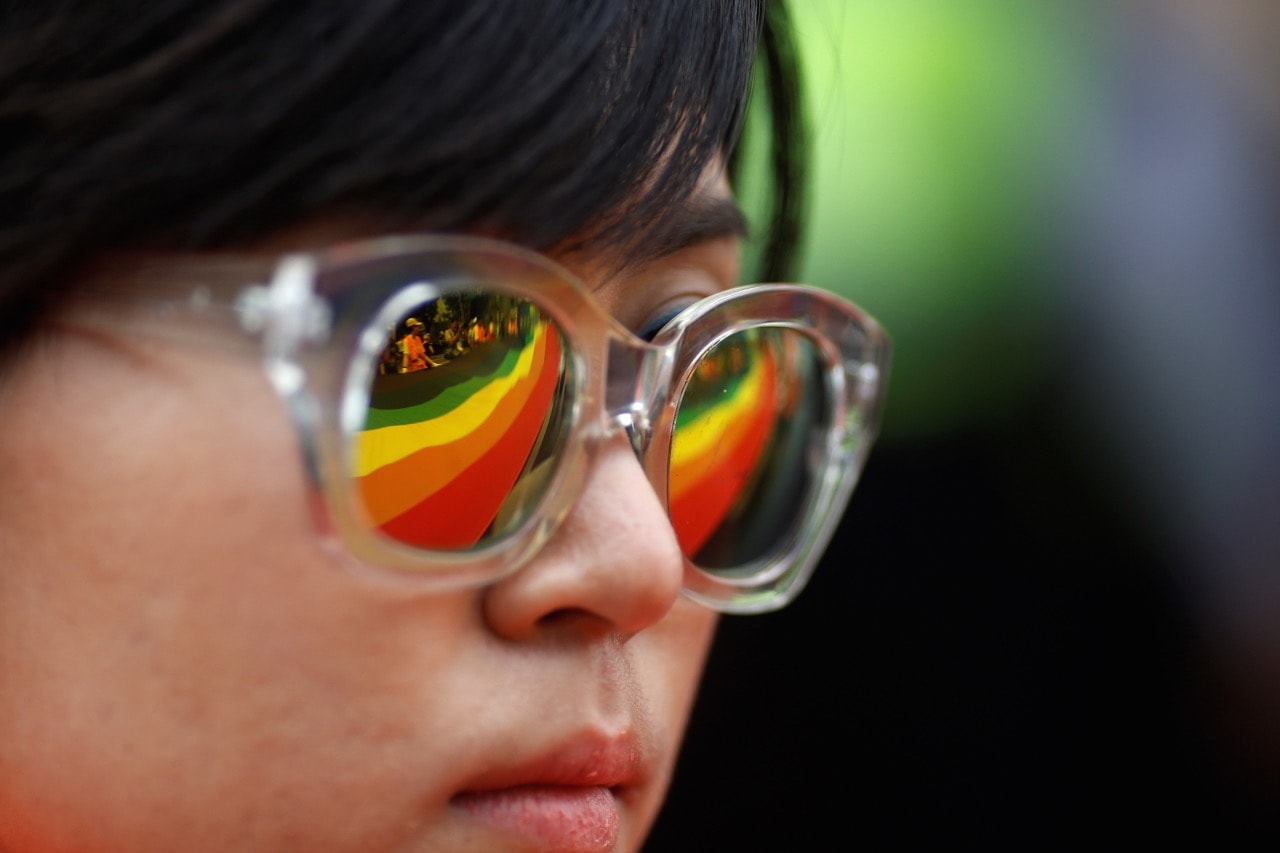
South Korea: Supreme Court affirms LGBT rights
South Korea’s Supreme Court orders government to allow an LGBT rights foundation to legally register as a charity, ending a three-year struggle against multiple government agencies.
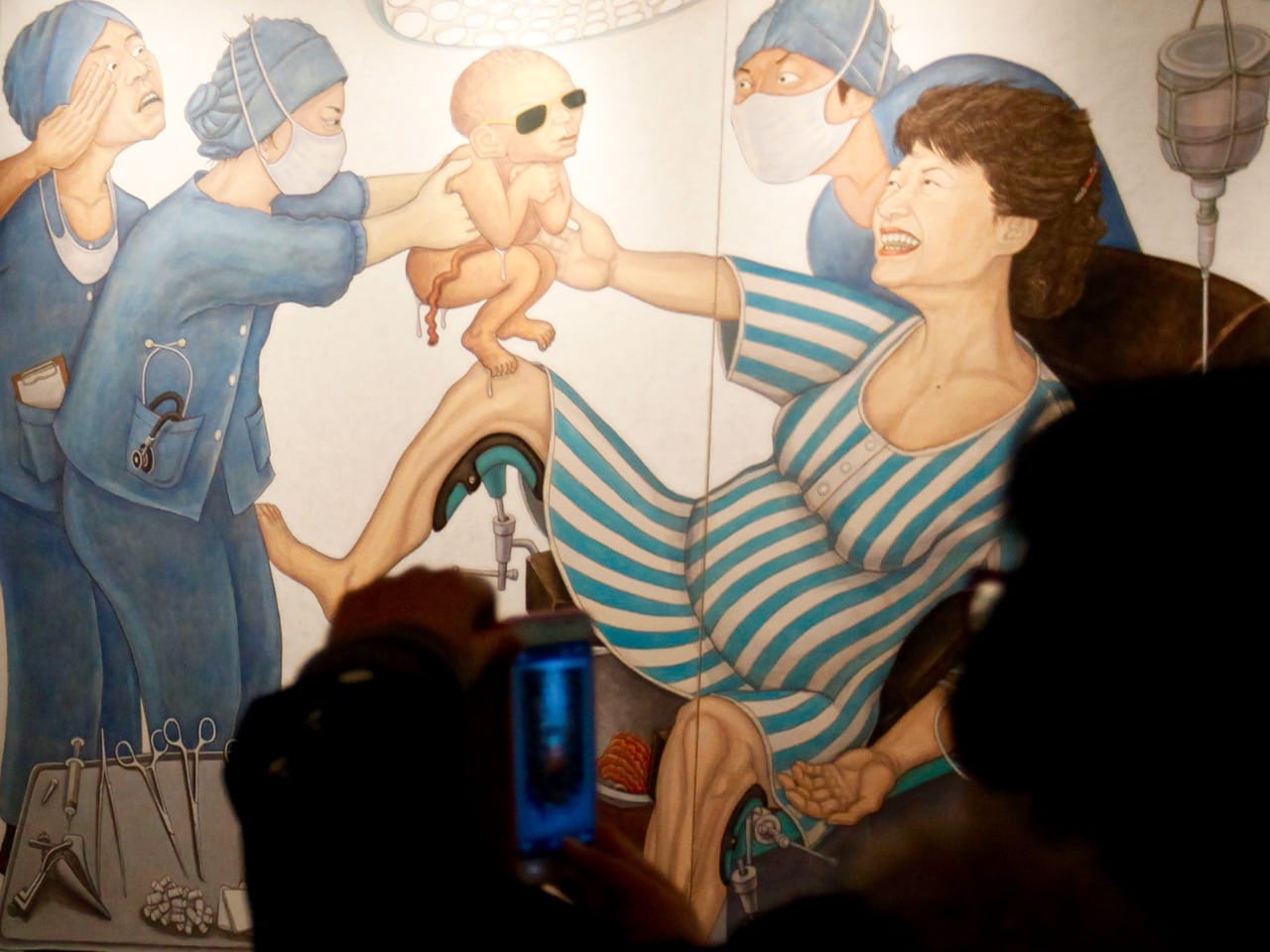
The Sewol disaster: Government under fire for alleged artist blacklist scandal
High level government officials accused of creating a ‘blacklist’ against 9,743 artists in South Korea for their criticism of President Park Geun-hye are now themselves under investigation.
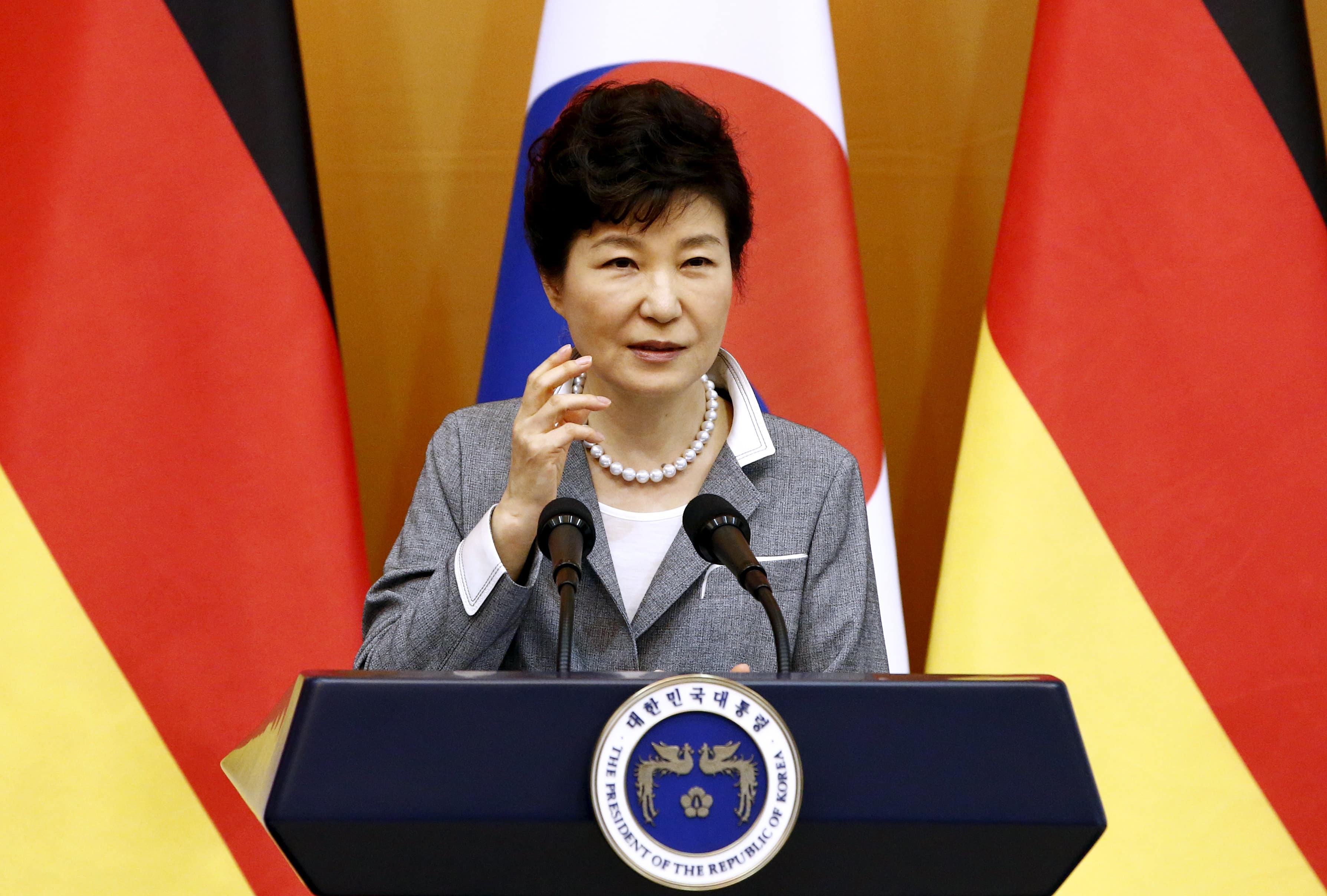
Japanese journalist faces prison time for allegedly defaming South Korean president
Prosecutors announced on Monday that they would request an 18-month prison sentence for Tatsuya Kato, former Seoul bureau chief of the Sankei Shimbun newspaper, over an article questioning President Park Geun-hye’s whereabouts during a tragic ferry accident in April 2014 that resulted in over 300 deaths.
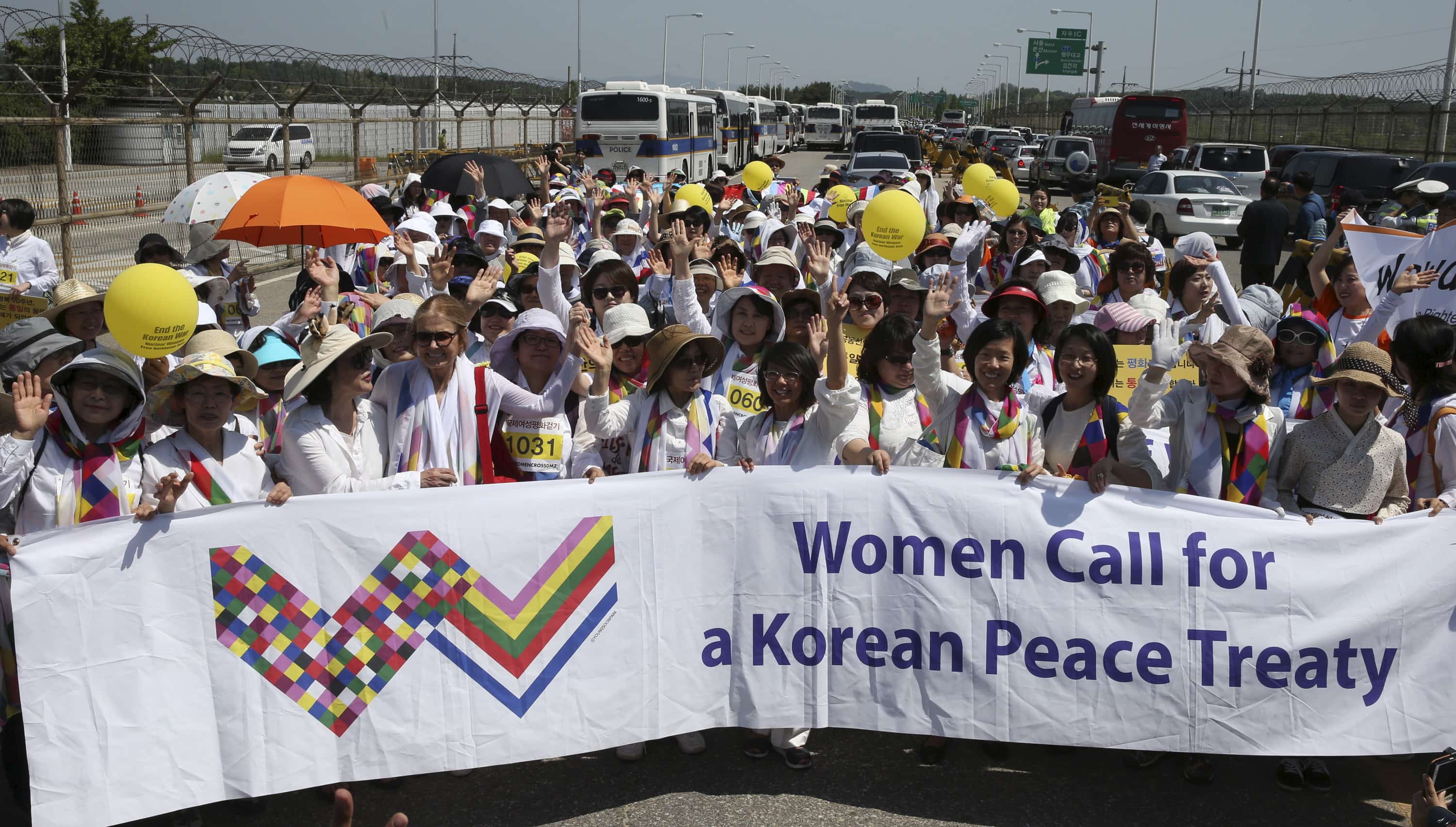
South Korea: Cold War relic law criminalises criticism
The National Security Law criminalises positive comments about North Korea or the dissemination of North Korean propaganda. It has frequently been used against those with different views of North Korea or South Korean policy.

In South Korea, deportation and defamation cases mark slide in press freedom
The recent stifling of critical voices in South Korea, including cases of arrests, deportation, and criminal defamation hearings in the past seven days, indicates a worrisome climate for press freedom and free expression.
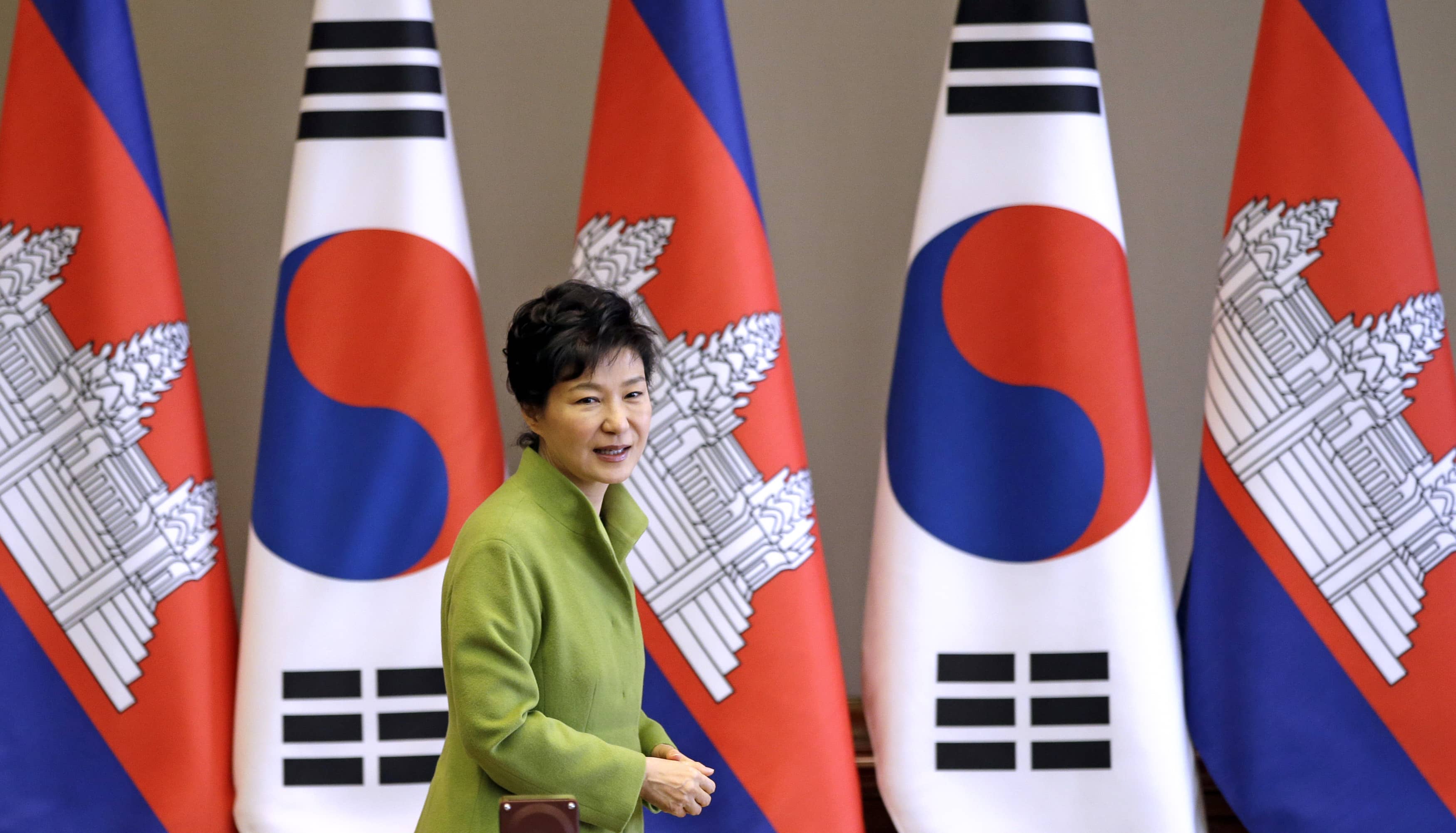
South Korea urged to stop using criminal defamation laws
In the latest use of criminal defamation legislation, eight aides of President Park Geun-hye filed a complaint against reporters and staff members of a South Korean newspaper for reporting about a leaked document from the president’s office.

Japanese reporter charged with defamation in South Korea
Japanese journalist Tatsuya Kato was charged with criminal defamation for a story that criticised the behavior of South Korean President Park Geun-hye during the Sewol ferry disaster in April 2014.
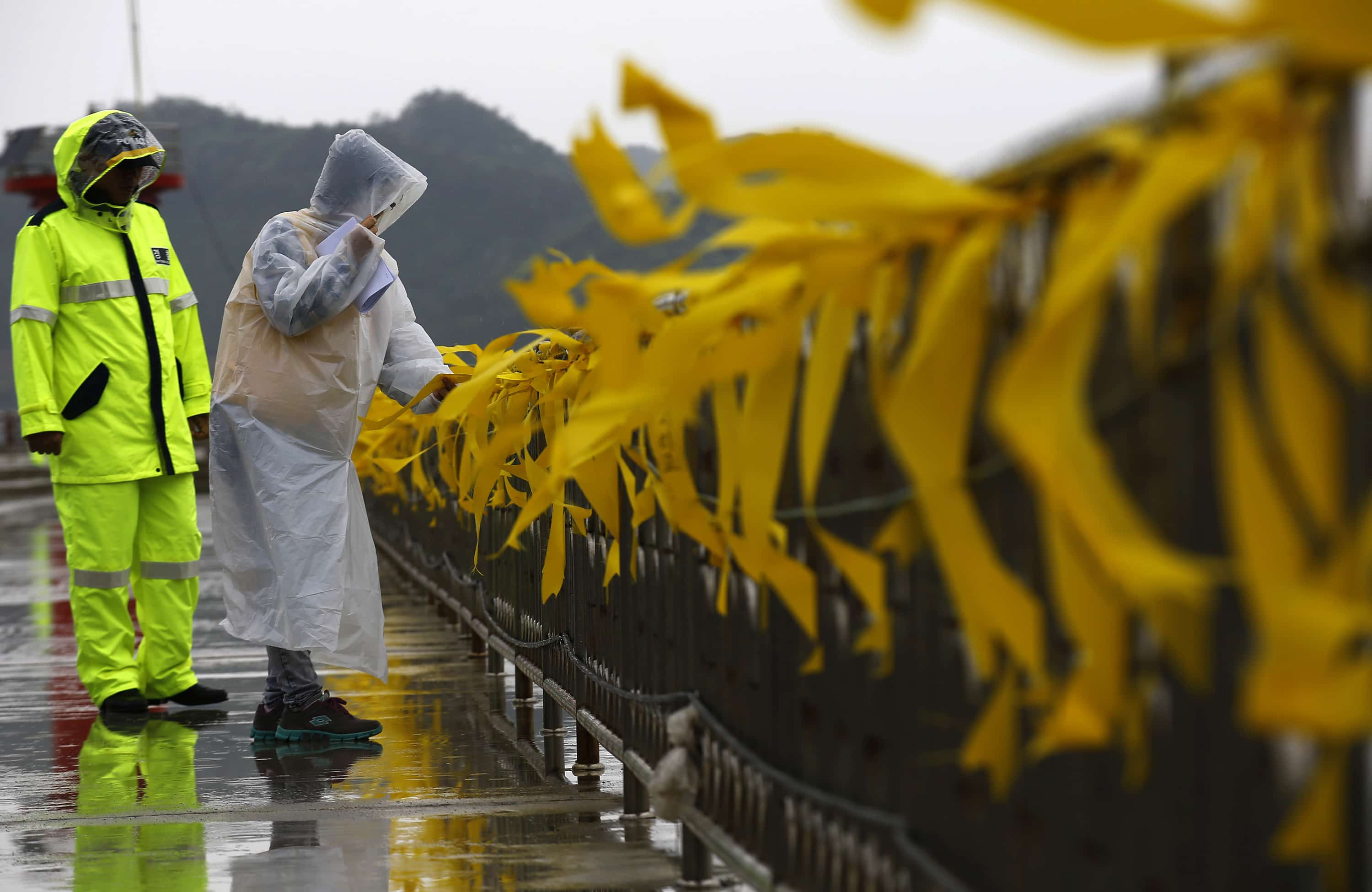
Seoul-based Japanese reporter accused of defaming South Korea’s president
Tatsuya Kato, a Japanese journalist who is the Tokyo newspaper “Sankei Shimbun”‘s Seoul correspondent, is the subject of a criminal libel prosecution over a story about the South Korean president’s actions at the time of a ferry sinking in April 2014.
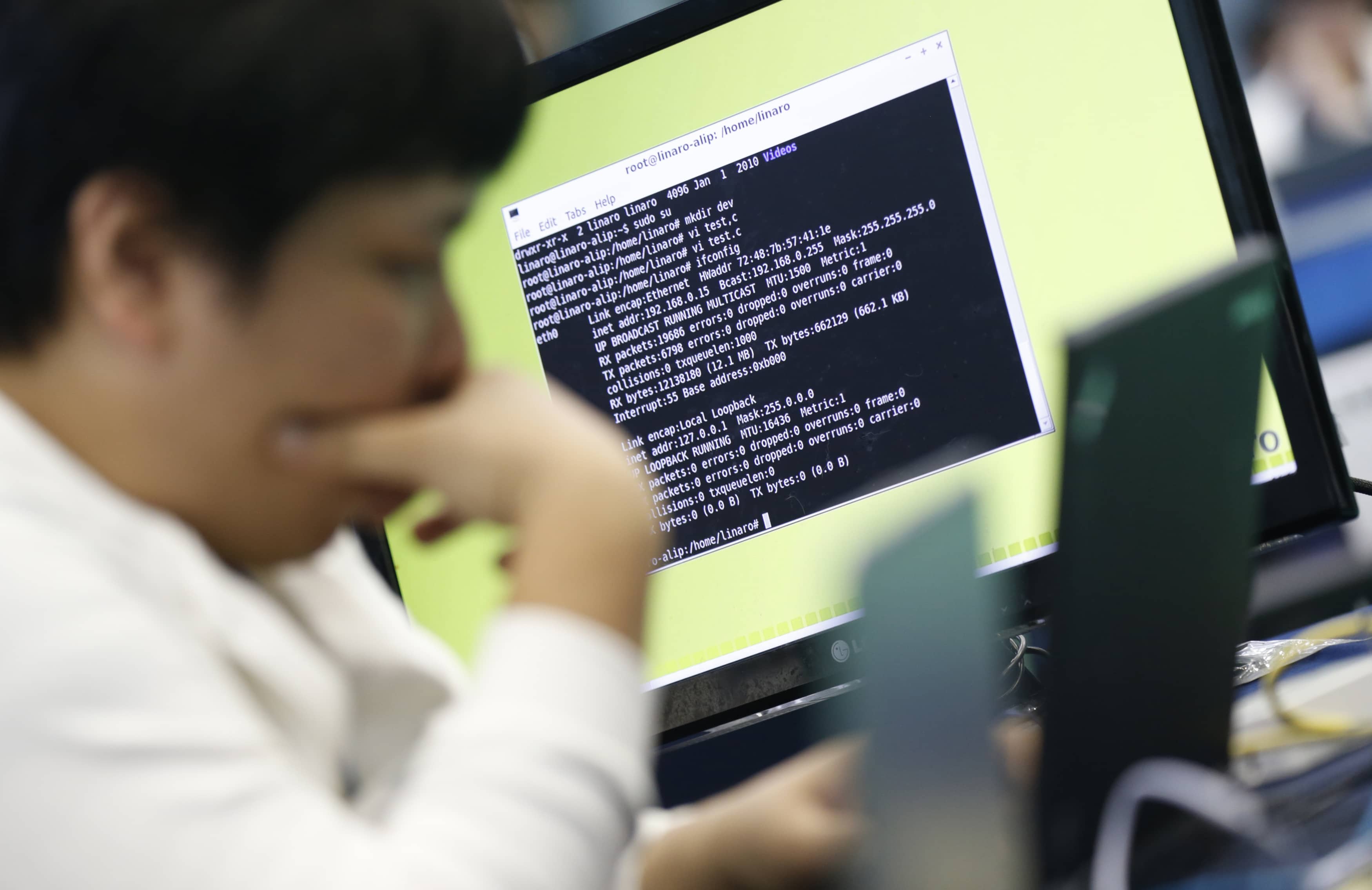
South Korea officials enact de facto SOPA regime to block foreign websites
The South Korean government has adopted an aggressive interpretation of their copyright law to block websites in the name of copyright enforcement. In practice, this emulates the kinds of extreme provisions that were in the defeated U.S. SOPA bill.
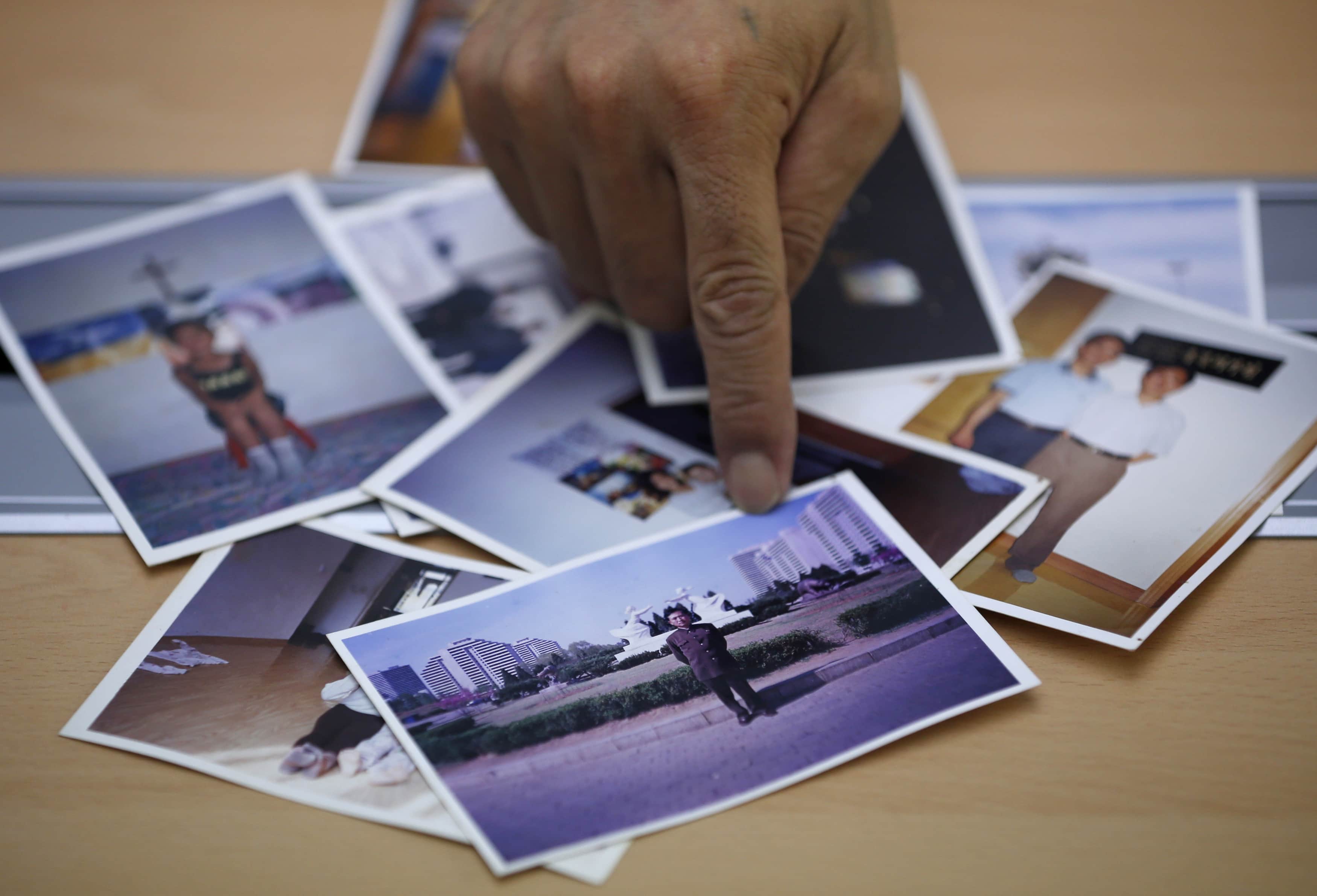
For defectors, getting out of North Korea is only part of the problem
An inside look into the often forgotten struggles of those who have escaped the brutal regime of North Korea and what one non-governmental group is doing to help them.

South Koreans prosecuted for “praising North Korea”
While supporters say the National Security Law in South Korea is necessary to protect a fragile peace against the North Korean threat, critics say the threat of North Korean infiltration is exaggerated and the law is really meant to stifle dissent within the country.
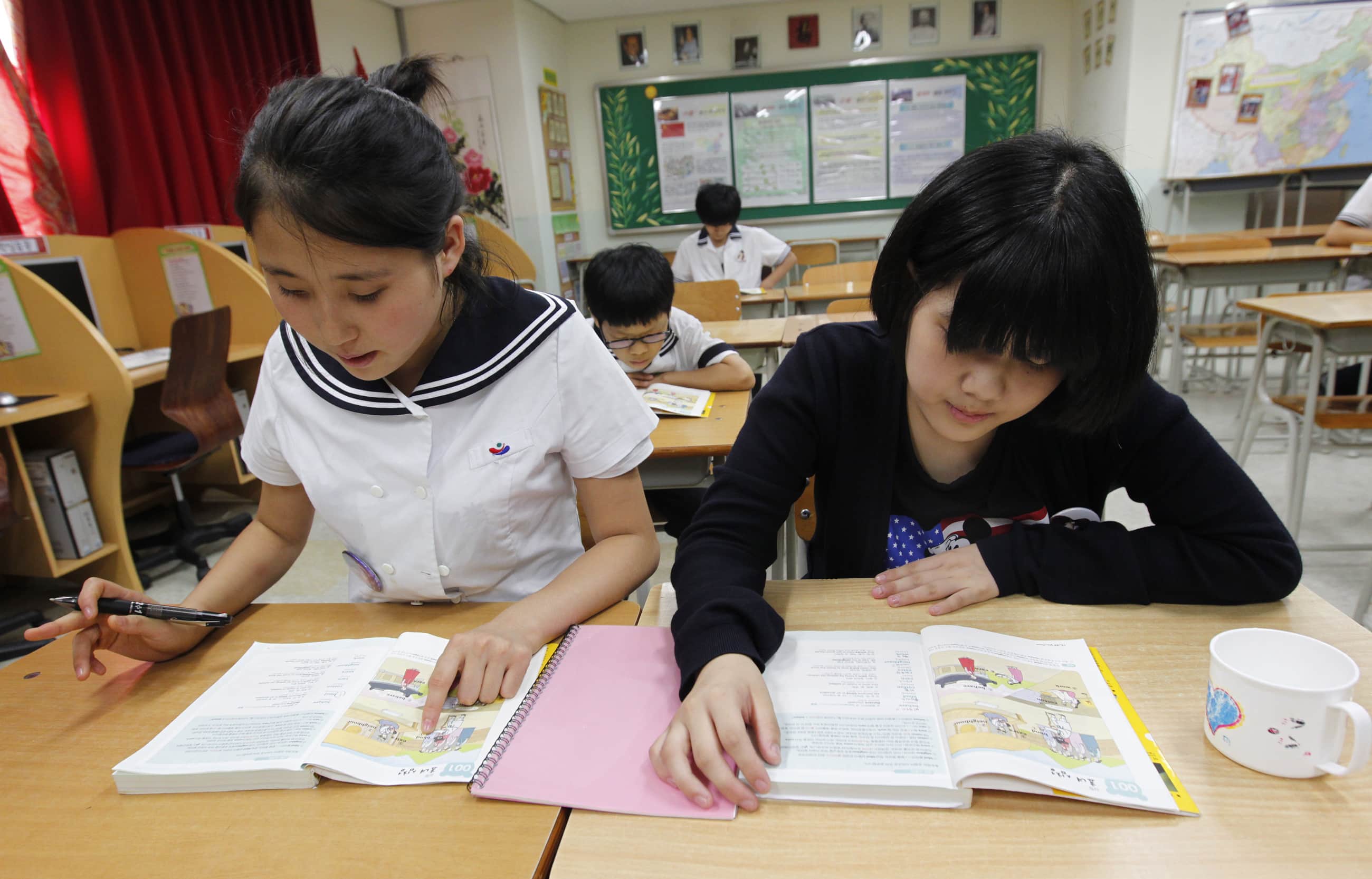
South Koreans clash over history books
South Korea is embroiled in a “textbook war” over what high school students learn in history class. With schools selecting their textbooks for the coming academic year, objections have been raised to one textbook that critics felt distorted the country’s history of Japanese occupation and military dictatorship.

South Korea film about sinking of warship sparks opposition, debate about free speech
A recently released film in South Korea set out to spark a discussion on free speech in the country, and amid opposition and cancelled viewings, it has done just that.

Seoul newspaper’s journalists locked out by owner
Reporters Without Borders is appalled by the action of the owner and chairman of the South Korean daily “Hankook Ilbo”, in locking out around 180 of his journalists after some of them filed a complaint about his management of the newspaper.

Call for re-instatement of dismissed South Korean journalists
Media groups have called for the re-instatement of journalists dismissed by two South Korean broadcasting companies in 2012 following a protest against alleged government interference in the media.